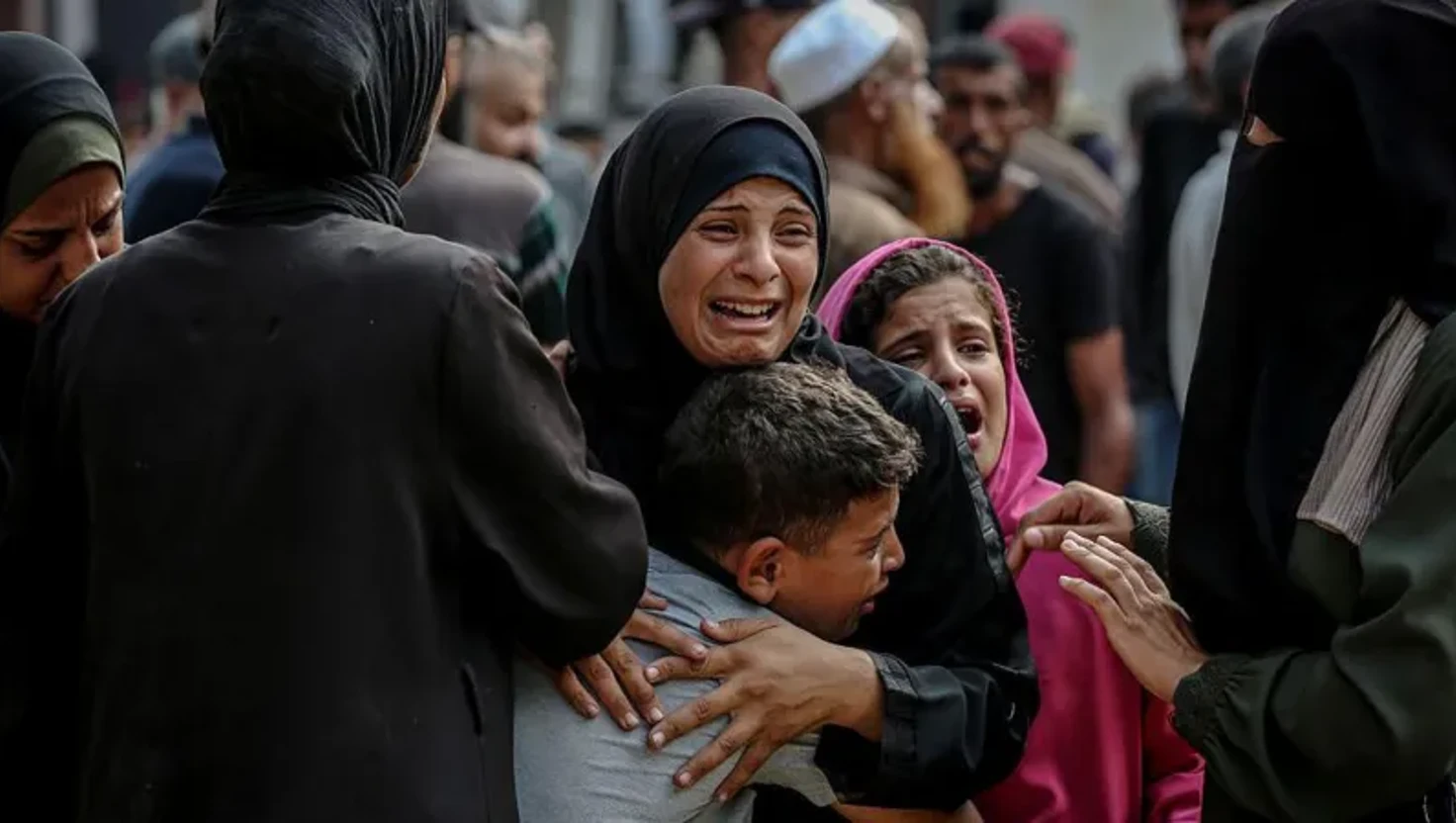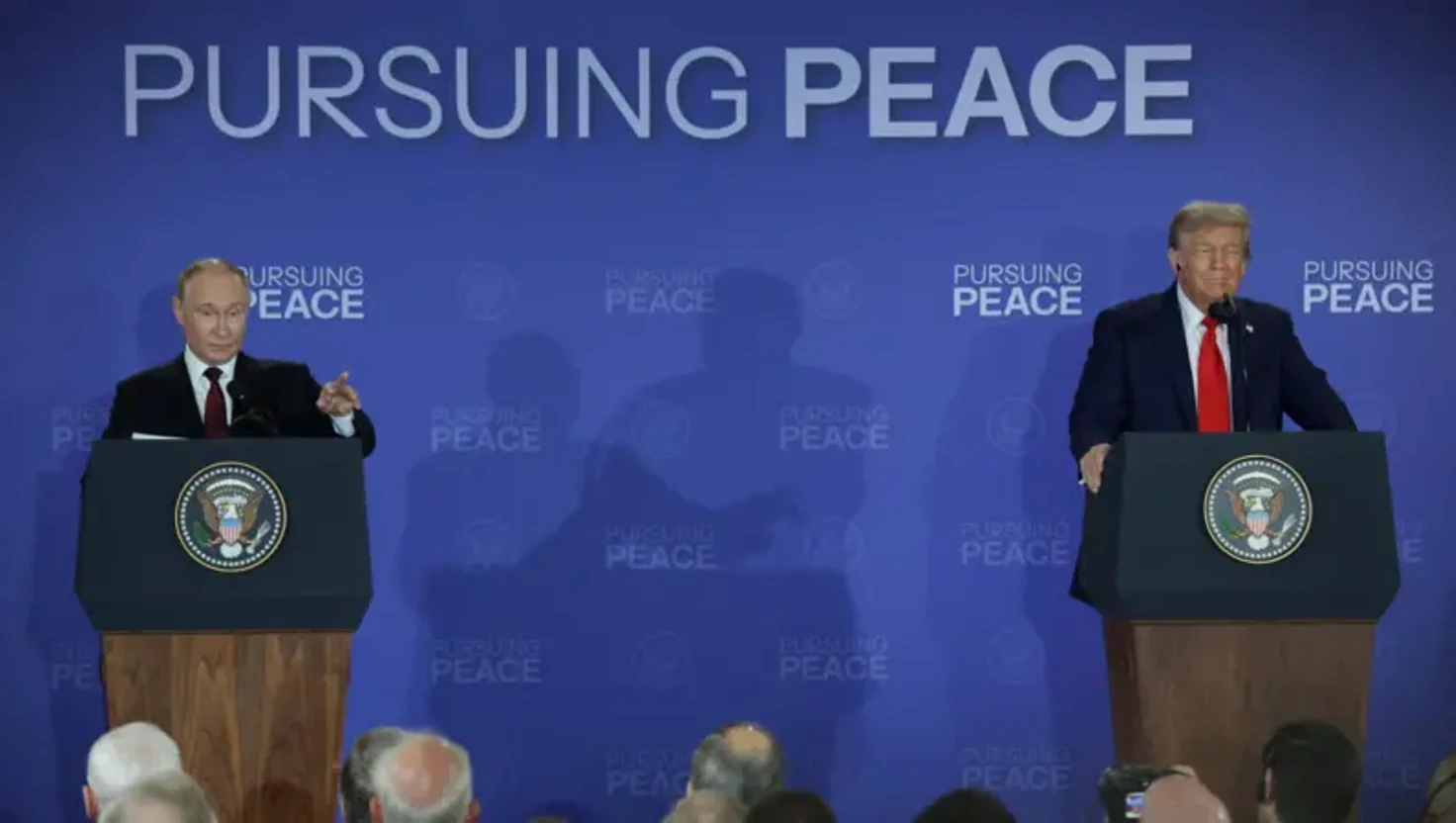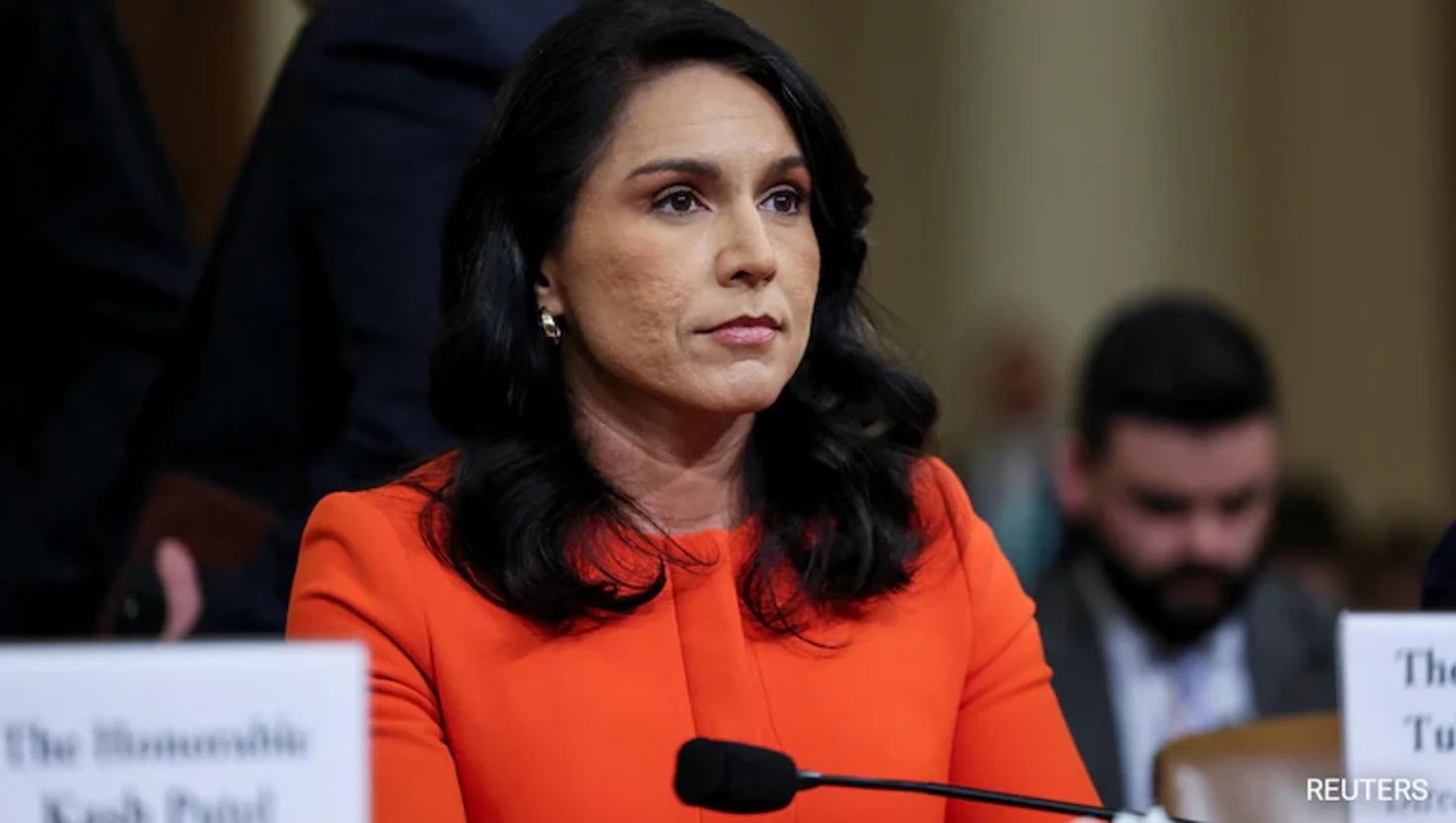Famine Confirmed in Gaza. 'Failure of Humanity', says UN Chief

Famine Confirmed in Gaza. 'Failure of Humanity', says UN Chief
Over half a million people face severe hunger in Gaza, leading to a declared famine, as urgent humanitarian aid is sought.
The United Nations has officially declared a famine in Gaza, marking a significant humanitarian crisis as more than 640,000 residents face life-threatening starvation conditions. The latest Integrated Food Security Phase Classification (IPC) report highlights that 640,000 individuals are experiencing catastrophic food insecurity, while 1.14 million others are in urgent need of assistance. As distressing conditions escalate, the situation has been described as a wake-up call to the international community.
Escalating Humanitarian Needs
The report indicates that the effects of prolonged conflict, displacement, and inadequate access to essential services have culminated in severe shortages of food, clean water, and medical supplies. The Food and Agriculture Organization of the United Nations (FAO), the World Food Programme (WFP), UNICEF, and the World Health Organization (WHO) have been vocal about the need for immediate intervention to avert further loss of life.
The warning signals were clear, with numerous reports pointing to devastating levels of malnutrition, especially among vulnerable populations, including children and pregnant women. In July alone, over 12,000 children were reported as acutely malnourished, reflecting a drastic rise in health risks. The number of pregnant and breastfeeding women facing severe malnutrition has also risen significantly, highlighting the urgent need for substantial humanitarian support.
Conditions in the Region
Gaza has been grappling with a profound humanitarian crisis characterised by severe restrictions on aid access and repeated military escalations. The IPC analysis noted that nearly one-third of the population is projected to experience catastrophic conditions by the end of September. With critical infrastructure and services heavily damaged, the consequences on public health, nutrition, and overall well-being are dire.
Antonio Guterres, United Nations Secretary-General, has condemned the escalation of starvation as a severe moral failing and underlined the necessity of an immediate ceasefire to facilitate larger-scale humanitarian operations. “Hunger and malnutrition are claiming lives every day,” he stated, urging for unimpeded access to food assistance as a basic human right.
Access to Aid
Despite some recent increases in aid supplies, the extent of the humanitarian crisis dictates that the assistance remains markedly insufficient. The UN agencies have emphasised that substantial measures must be taken to ensure that food, medical supplies, and water are delivered consistently and safely. Currently, it is estimated that around 600 trucks of supplies are needed daily, yet far fewer are reaching the affected populations.
As humanitarian agencies work to alleviate suffering, the ongoing conflict presents daunting challenges. Civilians in conflict zones face not only the threat of violence but also dire living conditions, with many lacking access to basic resources for survival. The FAO has labelled the current circumstances as a man-made catastrophe, calling for immediate access to food and support for agricultural recovery.
Health Impacts
The collapse of healthcare services has further exacerbated the crisis, with reports indicating high levels of morbidity, especially among children. Multi-drug resistant infections and common ailments are becoming deadly due to the lack of medical care. The IPC report highlighted that the health system in Gaza is unable to cope, facing shortages of medications and essential services critical for treating fever, respiratory issues, and other common diseases.
As the humanitarian community assesses the unfolding crisis, calls for immediate action continue to resonate worldwide. The reports from the frontlines underline the urgency for an immediate ceasefire and a coordinated response to prevent further deterioration of the situation.
Conclusion
The confirmation of famine in Gaza stands as a stark reminder of the broader implications of conflict on civilian populations. Global leaders and humanitarian organisations are now faced with the challenge of addressing not just immediate needs but also working towards sustainable solutions that ensure food security and healing for those affected.
The situation remains fluid, with humanitarian agencies advocating for stronger international action to facilitate the delivery of essential services to those in need. Without timely and adequate interventions, the consequences of this humanitarian tragedy are likely to escalate further, underscoring a pressing moral imperative for global solidarity and support.
Escalating Humanitarian Needs
The report indicates that the effects of prolonged conflict, displacement, and inadequate access to essential services have culminated in severe shortages of food, clean water, and medical supplies. The Food and Agriculture Organization of the United Nations (FAO), the World Food Programme (WFP), UNICEF, and the World Health Organization (WHO) have been vocal about the need for immediate intervention to avert further loss of life.
The warning signals were clear, with numerous reports pointing to devastating levels of malnutrition, especially among vulnerable populations, including children and pregnant women. In July alone, over 12,000 children were reported as acutely malnourished, reflecting a drastic rise in health risks. The number of pregnant and breastfeeding women facing severe malnutrition has also risen significantly, highlighting the urgent need for substantial humanitarian support.
Conditions in the Region
Gaza has been grappling with a profound humanitarian crisis characterised by severe restrictions on aid access and repeated military escalations. The IPC analysis noted that nearly one-third of the population is projected to experience catastrophic conditions by the end of September. With critical infrastructure and services heavily damaged, the consequences on public health, nutrition, and overall well-being are dire.
Antonio Guterres, United Nations Secretary-General, has condemned the escalation of starvation as a severe moral failing and underlined the necessity of an immediate ceasefire to facilitate larger-scale humanitarian operations. “Hunger and malnutrition are claiming lives every day,” he stated, urging for unimpeded access to food assistance as a basic human right.
Access to Aid
Despite some recent increases in aid supplies, the extent of the humanitarian crisis dictates that the assistance remains markedly insufficient. The UN agencies have emphasised that substantial measures must be taken to ensure that food, medical supplies, and water are delivered consistently and safely. Currently, it is estimated that around 600 trucks of supplies are needed daily, yet far fewer are reaching the affected populations.
As humanitarian agencies work to alleviate suffering, the ongoing conflict presents daunting challenges. Civilians in conflict zones face not only the threat of violence but also dire living conditions, with many lacking access to basic resources for survival. The FAO has labelled the current circumstances as a man-made catastrophe, calling for immediate access to food and support for agricultural recovery.
Health Impacts
The collapse of healthcare services has further exacerbated the crisis, with reports indicating high levels of morbidity, especially among children. Multi-drug resistant infections and common ailments are becoming deadly due to the lack of medical care. The IPC report highlighted that the health system in Gaza is unable to cope, facing shortages of medications and essential services critical for treating fever, respiratory issues, and other common diseases.
As the humanitarian community assesses the unfolding crisis, calls for immediate action continue to resonate worldwide. The reports from the frontlines underline the urgency for an immediate ceasefire and a coordinated response to prevent further deterioration of the situation.
Conclusion
The confirmation of famine in Gaza stands as a stark reminder of the broader implications of conflict on civilian populations. Global leaders and humanitarian organisations are now faced with the challenge of addressing not just immediate needs but also working towards sustainable solutions that ensure food security and healing for those affected.
The situation remains fluid, with humanitarian agencies advocating for stronger international action to facilitate the delivery of essential services to those in need. Without timely and adequate interventions, the consequences of this humanitarian tragedy are likely to escalate further, underscoring a pressing moral imperative for global solidarity and support.

Talks with Trump on Ukraine ‘frank and useful,’ says Putin
Vladimir Putin and Donald Trump held talks in Alaska, viewed as a potential step toward peace in Ukraine, though concessions remain contentious.
| 2025-08-17

No deal but 'progress made' on Ukraine, says Trump after talks with Putin
US President Donald Trump and Russian President Vladimir Putin complete discussions without a resolution on the Ukraine conflict, characterising talks as productive.
| 2025-08-16

Trump Announces Federal Control Over Washington D.C. Police Force
President Donald Trump deploys the National Guard and assumes control of D.C. police as part of new crime and homelessness initiatives.
| 2025-08-12

Wrestling Icon Hulk Hogan Dies at 71, Leaving Lasting Legacy
Professional wrestler Hulk Hogan, known for his charisma and influence in the sport, passes away at 71, leaving a profound impact on wrestling culture.
| 2025-07-25

Tulsi Gabbard Publishes Documents Alleging Obama Administration Misconduct
Tulsi Gabbard has released documents claiming the Obama administration misused intelligence regarding the 2016 US presidential election.
| 2025-07-24




